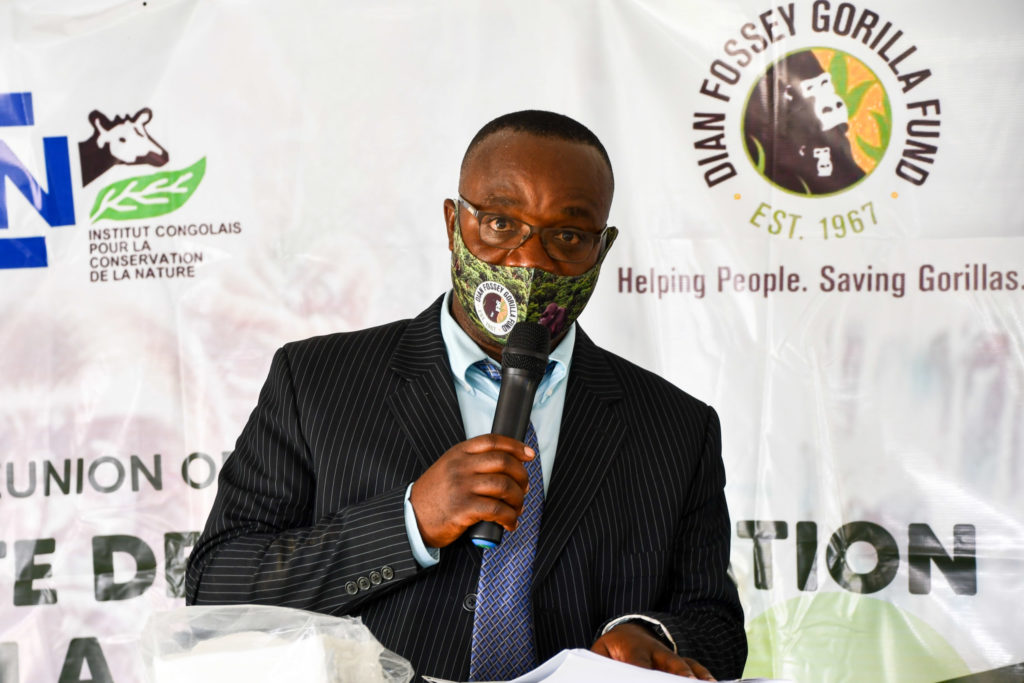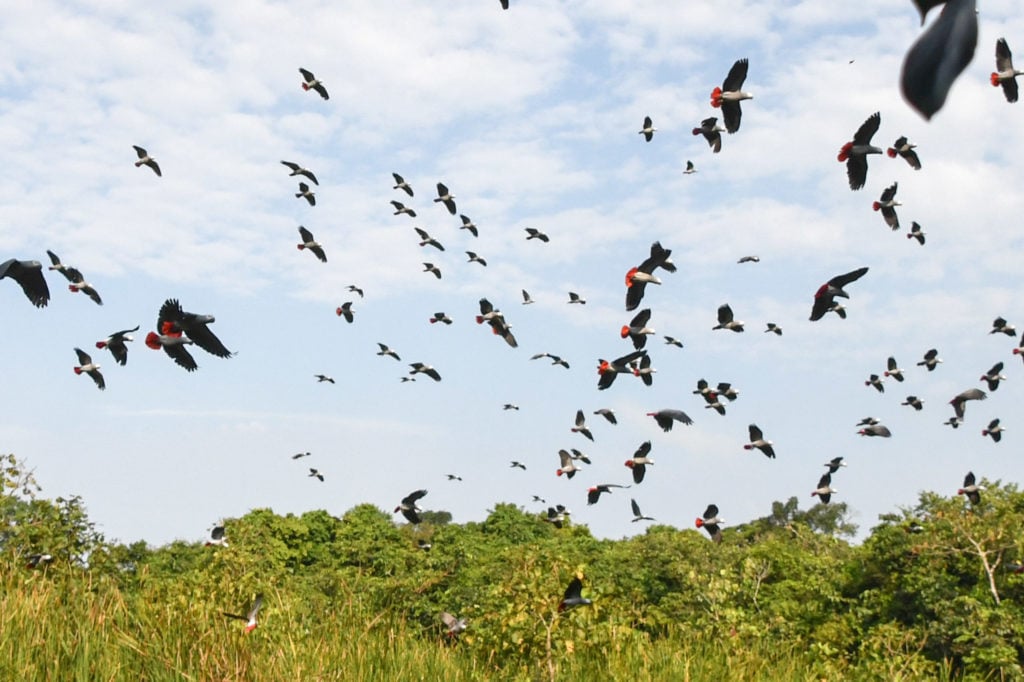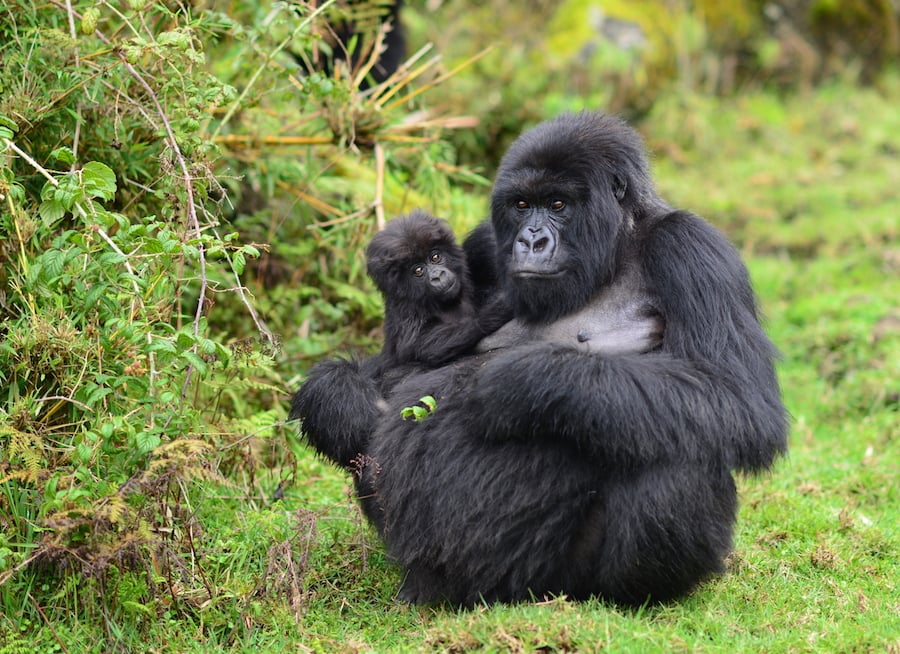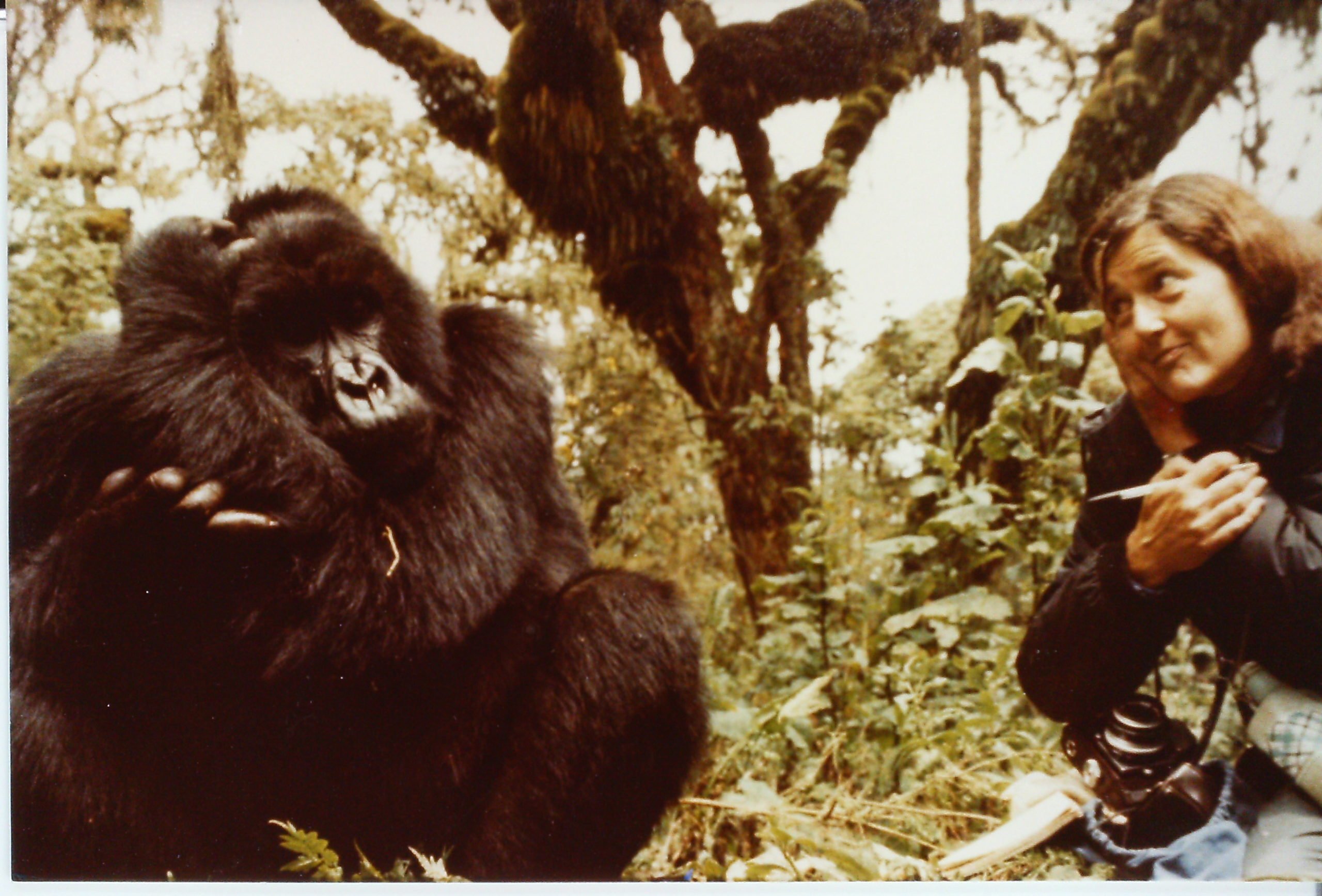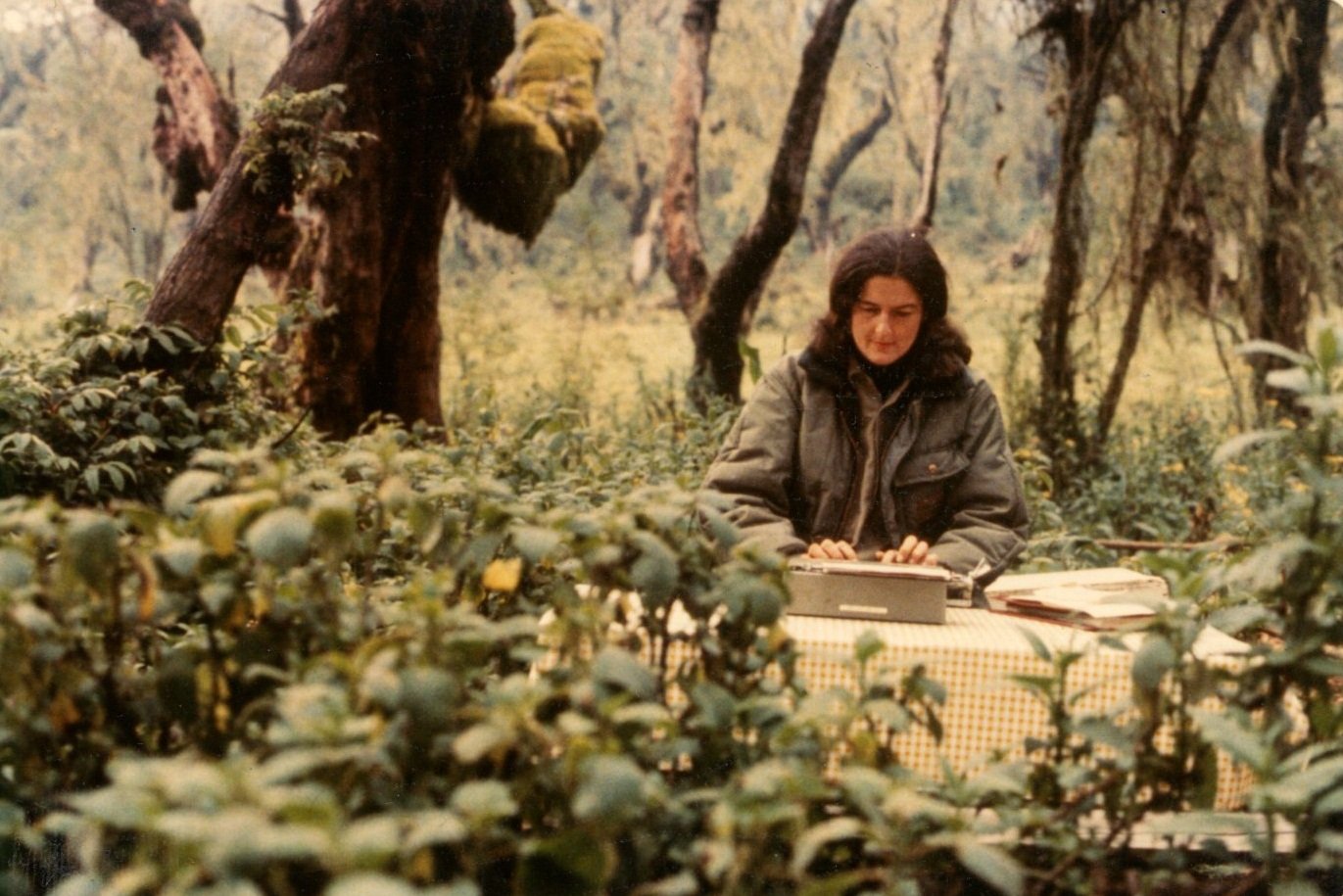Just in time for Earth Day, Congolese government moves to strengthen protections for this critically endangered great ape
Conservationists are celebrating news that the government of the Democratic Republic of the Congo has officially recognized three new community-managed forest concessions, collectively called the Nkuba Conservation Area (NCA), giving local communities ownership and management rights over their own forests. The Dian Fossey Gorilla Fund, which has been working with landowners in the area since 2012, assisted with the formal recognition process, and has entered into a 25-year agreement to help them develop and implement sustainable plans for the forest home of the critically endangered Grauer’s gorilla.
“The people of Nkuba show us it is possible to protect biodiverse wild spaces and the animals that live in them while at the same time building strong, supportive human communities,” says Dr. Tara Stoinski, CEO and chief scientist of the Fossey Fund. “In some areas, this community-based model may become a more practical, cost-effective way to preserve wild spaces than traditional national parks.”
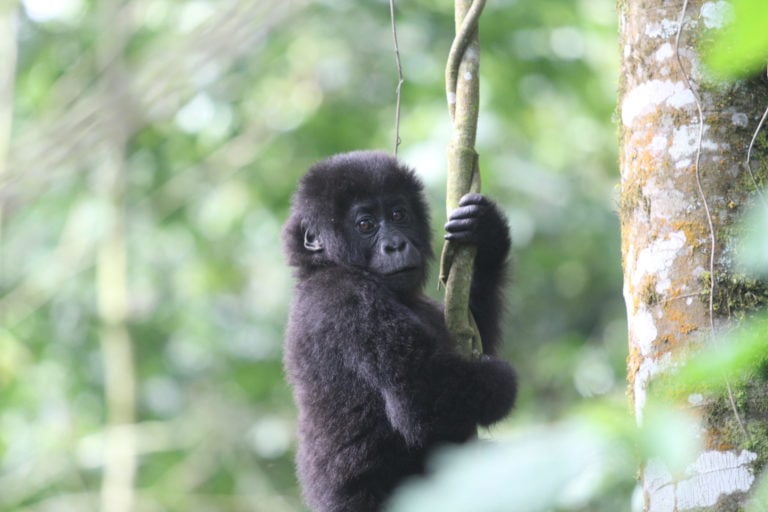
The Fossey Fund began working in DRC in 2001 to expand protections for Grauer’s gorillas. Because most Grauer’s gorillas live outside of national parks, they lack formal protection, and their population has declined by an estimated 80% over the past 25 years, primarily as a result of poaching. The 1,300 sq km NCA is estimated to be home to 200 Grauer’s gorillas, and its strategic location between two national parks — Kahuzi-Biega and Maiko — makes it an important area for maintaining forest connectivity.
The NCA is in located within the Congo Basin. Covering 1.2 million square miles and spanning six countries, the Congo Basin contains the world’s second-largest tropical rainforest and is home to numerous endangered plant and animal species that are found nowhere else on the planet. By sequestering carbon, it serves as one of our best natural defenses against climate change. Deforestation rates in the Congo Basin have accelerated over the last two decades, primarily as a result of small-scale agriculture. If trends continue, scientists predict there could be no primary rainforest left in the DRC by the end of the century.

Recognizing the importance of protecting these vital forests, the Congolese government formalized the legal framework for creating local community forestry concessions (CFCLs) in 2016, allowing landowners to apply for official recognition of their custodial rights and responsibilities to forests. In other countries where this approach has been adopted, community ownership has provided an incentive to manage forests in a sustainable way and help slow the rate of deforestation.
The recognition of the NCA, which is located in the 23,000 sq. km. Walikale territory, increases the area of community-owned forests in the territory by 70%. The project also provides critical employment—the Fossey Fund now has 70 staff members on the ground in Nkuba, hired from the local community to protect gorillas, study biodiversity and support education, livelihood and food security initiatives that improve the lives of community members near the gorilla habitat and fit with their motto of “helping people, saving gorillas.”
“Today’s announcement is important for the Grauer’s gorillas that the Fossey Fund is working so hard to protect,” says Urbain Ngobogo, the Fossey Fund’s DRC country director. “But it’s also a big moment for the Congolese, who have shown that we can lead the world in conservation.”
Learn more about conservation efforts in Nkuba in the Ellen DeGeneres-produced film Endangered airing on Discovery+ on Earth Day.
